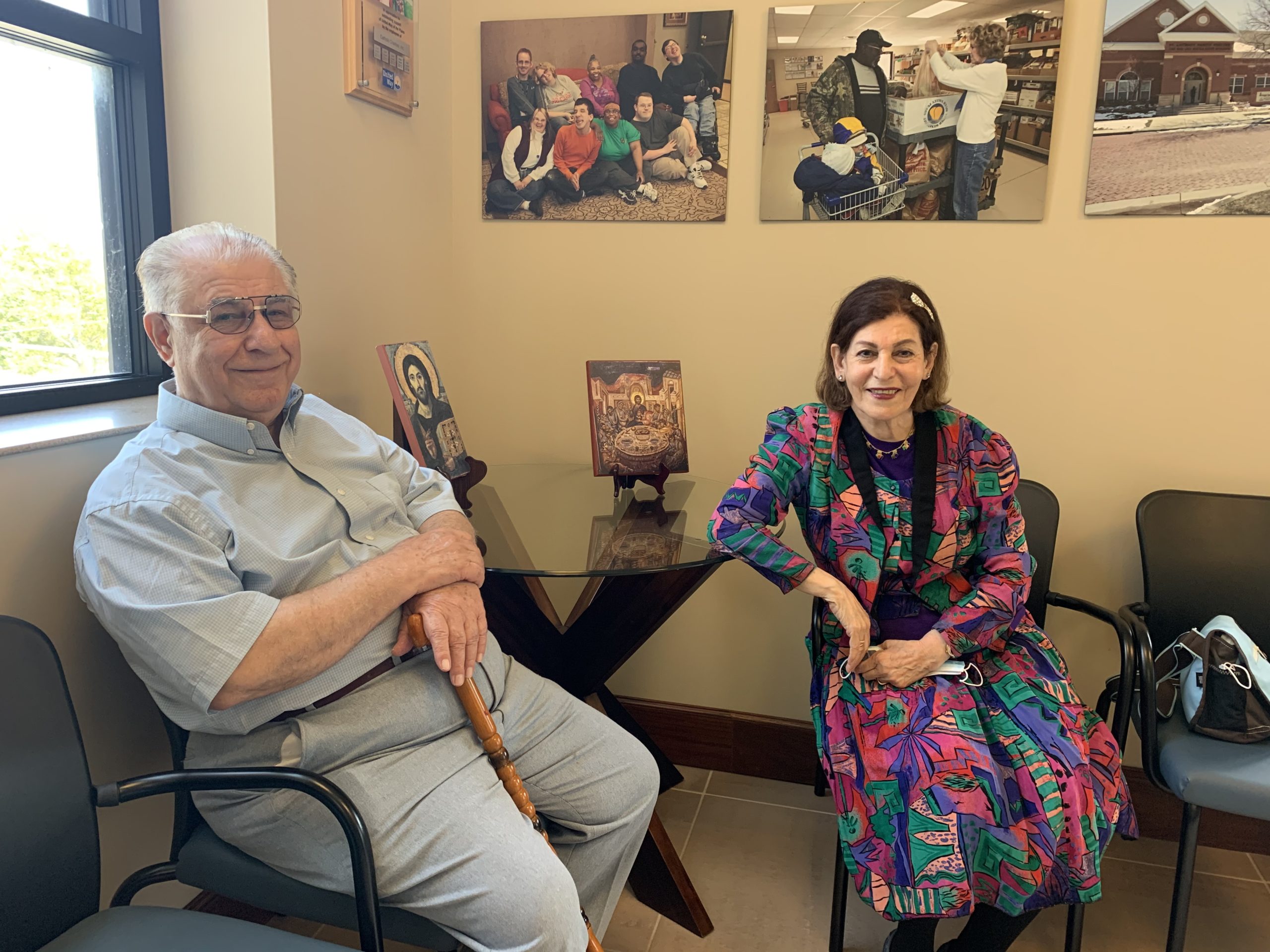As a young man, Swapan Kumar Chaudhuri dreamed of coming to the United States.
“I was envious of Americans and all the opportunities here,” he said. Chaudhuri realized his ambition in his late 30s. Since his arrival from Canada in 1996, he has earned a master’s degree from Wichita State University, landed a job in information technology in McPherson and met and married his wife. The couple live in Newton, dividing the distance between her job in Wichita and his further north.
Chaudhuri’s adopted land has lived up to his expectations. “It’s the greatest country in the world,” he said. “There is so much economic opportunity here and the people are very friendly. If you are smart, you can get ahead. And I love all the sunshine.”
He’s not alone. Despite the controversy that often swirls around the subject, the United States has more immigrants than any other country in the world — nearly 45 million foreign-born residents representing almost 14 percent of the population as of 2018. Three-quarters are in the country legally and 45 percent are naturalized U.S. citizens, according to the respected Pew Research Center.
Chaudhuri became one of the latter last month in a ceremony at Wichita State University where about 125 people took the Oath of Allegiance, the final step in the naturalization process. In the most recent federal fiscal year, 1,297 people became citizens in Kansas. While most are younger, it’s not unusual for immigrants in their 60s, 70s and up to obtain citizenship, said Debbie Cannon, a spokeswoman for the U.S. Citizenship and Immigration Services.
Wichita lawyer Bach Hang, on the other hand, took the naturalization test as soon as he could, at age 18. Hang was born to parents who had fled to Vietnam from China.
“My family left in 1978 and went to America because mom and dad wanted my two brothers and me to have more opportunities and there was public education,” he recalled.
“We got on a boat and it landed in the Bidong Island in Malaysia. We spent a year in a refugee camp there,” he continued. “Deplorable conditions, my mother told me. She thought dad was going to die there; he was a pretty sickly guy.
“We got to the U.S. on August 2, 1980,” he said. “We were sponsored by a Unitarian Church in Phoenix. Dad worked in a factory making windchimes. Mom worked as a housekeeper at Camel Back Inn. It’s easy to learn English when you’re about five years old. I learned it watching sitcoms like “Gilligan’s Island” and “Happy Days” and reading street signs.”
Bach’s father died in 1987.
“We moved to St. Louis in 1988 because mom had two brothers there. In 1993, I took the naturalization test and passed. I had to wait until then because you had to be 18 to take it if your parents didn’t take it. I did it for college application and scholarship purposes.”
After college, Hang established a career as an attorney practicing in Wichita. “As an attorney practicing criminal law for over 18 years now, I get to help people, usually indigent ones, resolve conflict,” he explained. I also get to delve into constitutional issues that had everything to do with coming over to America. As an attorney, it’s our responsibility to educate people about our court system, rule of law, the basis for how laws are made. I do that, in some form or fashion, during my everyday work.
“I obviously enjoy freedoms that we have that most countries do not. Unlike my birthplace, I don’t have to worry about my daughter Lillie quitting school and starting work at the age of 12 because there is public education. I like that I get to make fun of government, get to criticize, and not feel like I’m going to go to prison for it. I don’t like how freedom of this or that is some entitlement to do what we want. There is a responsibility to our freedoms.”
For Sedi Babaei, coming to America was a goal that took many years to accomplish.
As a teenager in Iran, she was taught by instructors from America, who helped her become proficient in English and launched her dream of immigrating.
Babaei and her husband, Shahrokh Amirsamimi, raised three children. After they retired, they again began to pursue their joint dream of coming to the United States. Her brother, who lived in Arlington, Va., agreed to serve as their sponsor, so they applied to immigrate.
Once approved, they arrived in United States visiting several states before choosing to settle in Wichita, where their adopted godson was enrolled in the program for the visually impaired at Envision. They applied for a green card, waited the required five years, and then requested citizenship, working with Carmen Velazquez, a case worker at Catholic Charities. Today they are proud to say they have been citizens for two years.
As citizens, they enjoy making new friends and attending local churches.
“We love the U.S.,” Babaei enthused. “It’s like paradise to us.”
Contact Debbi Elmore at Debbi.Elmore2017@gmail.com









